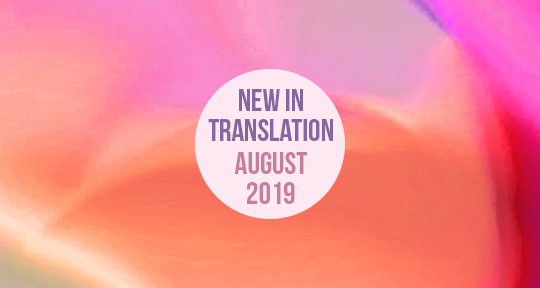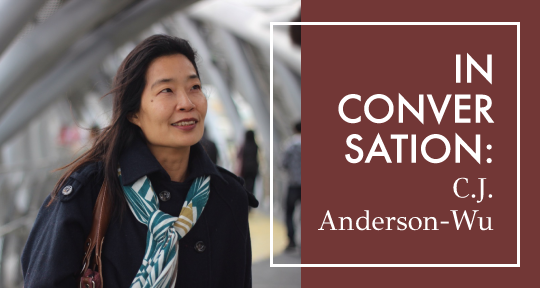Prizes, festivals, and book fairs! This week, our editors bring us news about Italy’s most prestigious literary prize, the Premio Strega, Mantua’s Festivalletteratura, Edinburgh’s vibrant International Book Festival, and Shanghai’s vast international Book Fair. At the heart of all these dispatches is the wonderful ability of cities to draw huge numbers of people together to celebrate a year in literature.
Barbara Halla, Editor-at-Large, reporting from Italy
In early June, Antonio Scurati won the 2019 Premio Strega, Italy’s most important literary prize, for his book M. Il figlio del secolo (M. Child of the Century). Scurati’s book is the epitome of ponderous tome: at more than eight hundred pages it is the first of what will be three volumes that novelize the life of Benito Mussolini, with this first title covering Mussolino’s rise to power. The book has been hugely popular with the Italian public, selling some one hundred and twenty thousand copies before it snatched the prize and has even given rise to some interesting debates with some critics calling into question whether Scurati’s book can actually be considered fiction at all, rather than a straightforward biography. What is particularly interesting is the fact that last year’s winner was also a novelized biography set in 1930s Europe: Helena Janeczek’s The Girl with the Leica (translated by Ann Goldstein) traces the final years of Gerda Taro, a German-Jewish war photographer, who bore witness to the Spanish Civil War and the rise of Nazism.
Looking forward, if you happen to find yourself in northern Italy between September 4 and 8, it might be worth popping by the small city of Mantua in Lombardy which hosts one of the biggest literary festivals in the country: Festivalletteratura. The line-up of guests could put the Edinburgh literary festival to shame, with a very international cast of writers and themes. Margaret Atwood will be popping by, as will Ali Smith, Valeria Luiselli and Elif Shafak. The festival will explore the contradictions of current American society with the help of Colson Whitehead and Meg Wolitzer among others, and academics like Amin Maalouf and Simon Schama will be hosting talks and debates around the future of the European Union. Other interesting events will be centered around modern Albanian and even Italian literature, science and the environment. You can check a full guide of the guests and events here. READ MORE…







